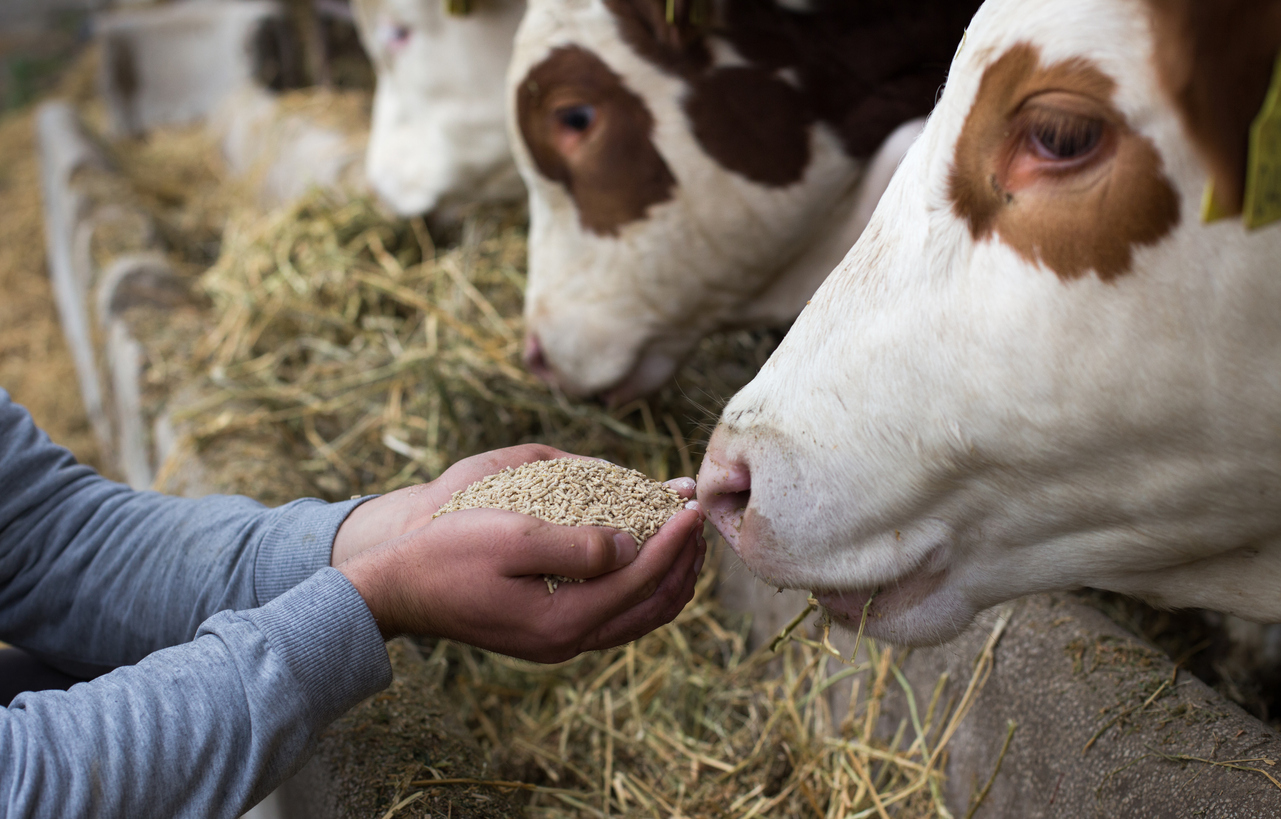The Ultimate Guide to Buying and Exporting Animal Food from Jamaica
The Ultimate Guide to Buying and Exporting Animal Food from Jamaica
Thinking of buying and exporting animal food from Jamaica? It’s a great idea! Jamaica is known for its tropical climate, beautiful beaches, and delicious food, but did you know that it also boasts a thriving animal food industry? In this guide, you’ll learn all about the ins and outs of buying and exporting animal food from Jamaica. We’ll explore the different types of animal food available, the best sources for purchasing, and the steps you’ll need to take to make sure your shipment arrives safely. With this guide, you’ll be ready to start your journey into the world of Jamaican animal food exports. So, let’s get started!
Overview of the Jamaican Animal Food Industry
Jamaica’s animal food industry is thriving and ready to feed the world! The country produces a variety of animal food products that are used for livestock, pets, zoo animals, and even laboratory animals. There are various factors that make Jamaican animal food the best choice for feeding livestock and other animals, including the following: – Tropical weather – The geographical location of Jamaica makes it ideal for growing different types of plant-based food for animal feed, including soybeans, corn, wheat, sorghum, and barley. – Low labour costs – It’s a well-known fact that food is more affordable in Jamaica than in most other countries! This is due to low labour costs and low land prices in Jamaica. – Availability of non-GMO soybeans – Jamaican farmers are able to grow non-GMO soybeans, which are a rare commodity. This makes Jamaican animal food especially desirable for livestock feed.
Types of Animal Food Available in Jamaica
When it comes to buying and exporting animal food from Jamaica, there are a variety of different products to choose from. One of the most popular animal foods exported from Jamaica is soybean meal, which is widely used in livestock feed. Other common ingredients in animal feed, such as corn, wheat, barley, and sorghum, are also grown and exported by Jamaican farmers. Another animal food product available in Jamaica is fish meal, which is used in poultry and other livestock feed. If your livestock feed needs some extra vitamins, minerals, and protein, Jamaican fish meal is the perfect fit. Also, there is a wide variety of different types of protein meal available. Protein meal is used as a feed supplement, to increase the amount of protein in the animal feed. Depending on your livestock feed needs, you can choose from different types of protein meal, including meat and bone meal, blood meal, feather meal, and soybean meal.
Best Sources for Purchasing Animal Food in Jamaica
When buying and exporting animal food from Jamaica, you have many options for sourcing your products. You can choose to purchase from a Jamaican wholesaler or distributor, a local feed mill, or even directly from a farmer. Wholesalers and distributors are excellent sources for buying animal food in Jamaica. Since Jamaica is the leading exporter of animal food, you can be sure that there is a huge supply of products available. You can find a complete list of Jamaican suppliers through the Directory of Importers and Exporters of Animal Feed and Feedstuff. You can also get in touch with the International Centre for the Transformation of Energy through their website to find a distributor in Jamaica. Another excellent option is to buy animal food directly from a feed mill. This is often the best choice if you have specific product specifications in mind. Depending on the type of animal food you’re purchasing, you may be able to find a feed mill that specializes in a particular product. If you want to buy high-quality Jamaican animal food, a feed mill is your best option.
Export Regulations for Animal Food from Jamaica
Before you start exporting animal food from Jamaica, you’ll want to make sure you’re in compliance with all local and international regulations. First, you’ll need to make sure that any products you’re trying to export meet all requirements for feed, food, and food additives. You’ll also want to make sure that your products are compliant with the terms of any trade agreements that Jamaica is a part of, such as the Caribbean Basin Initiative or the Central American Free Trade Agreement. You’ll also need to make sure that your products meet any specific requirements for your destination country. Depending on your destination country, you may be required to have a permit or import licence for certain products. To make sure that you’re in compliance with all regulations, it’s best to contact the regulatory authority of your destination country before exporting.
Packaging and Shipping Animal Food from Jamaica
When you’re buying and exporting animal food from Jamaica, packaging is an important part of the process. Depending on the type of animal food you’re exporting, you may need to use specialized packaging. For example, if you’re shipping fish meal, you’ll likely want to use a moisture-resistant bag. It’s also important to properly label your products with the required information, including the product name, net weight, grade, country of origin, and ingredients. Many countries require specific labelling requirements when shipping animal food. It’s important to follow these regulations so that your products don’t get held up in customs. When it comes to shipping your products from Jamaica, you have a few different options. Depending on your budget, you can choose from air freight, sea freight, or a combination of both.
Costs Associated with Exporting Animal Food from Jamaica
When buying and exporting animal food from Jamaica, you’ll want to know what the total cost of your product is. When choosing a shipping method, you’ll want to consider factors such as volume, weight, and size in order to get an accurate cost estimate. There are also certain costs associated with exporting your products from Jamaica, including the following: – Import/export licensing – You may need to apply for a license to import and export certain products, including animal food. These licenses can vary depending on the product. – Inspection costs – Before your product can be shipped, it must be inspected by the local government to make sure that it meets all standards. – Customs clearance costs – These are the costs associated with your products being cleared through customs. – Tariffs/duties – Depending on the products you’re importing and exporting, you may be required to pay a tariff or duty.
Tips for Buying and Exporting Animal Food from Jamaica
Now that you know all about buying and exporting animal food from Jamaica, you’re ready to get started! To make the buying process as smooth as possible, it’s a good idea to create a list of your product requirements before you start sourcing. This will help you narrow down your options and make the process more efficient. When it comes to sourcing your products, you have a few different options. You can work with a local importer or distributor, purchase products directly from a farmer, or even use an online marketplace. Wholesalers and distributors are excellent sources for buying animal food in Jamaica. However, it’s important to make sure that the product you’re buying is compliant with any trade agreements Jamaica is a part of. In addition to product regulations, it’s also a good idea to get in touch with the supplier to see if they can provide you with a sample and price list.
Resources for Exporting Animal Food from Jamaica
There are many resources available that can help you navigate the process of buying and exporting animal food from Jamaica. The first is the website for the International Centre for the Transformation of Energy, which is an organization that promotes and supports the energy sector in Jamaica. It has information on the animal feed industry in Jamaica, including regulations and the best places to source products. You can also get in touch with the Food and Drug Administration to ask any questions you may have about the regulations for importing and exporting animal food in Jamaica. There are also many online resources available that can help you navigate the buying and exporting process, such as International Trade Centre and Import.org.








LEAVE A COMMENT
You must be logged in to post a comment.